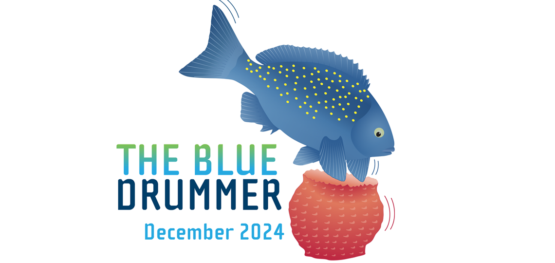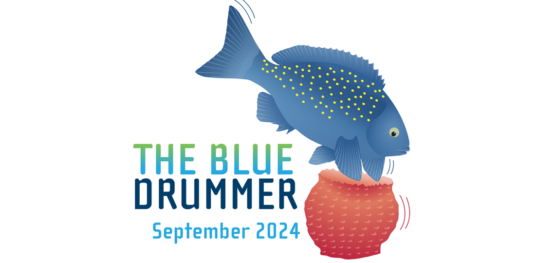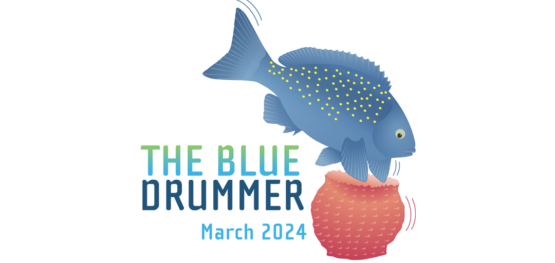Newsletter
27 June 2024
Welcome to the June 2024 issue of The Blue Drummer, the newsletter of the National Environmental Science Program Marine and Coastal Hub.
Our June stories focus on bringing people together through initiatives to tackle big challenges in marine and coastal research and management. In Sydney the Australasian Coastal Restoration Network Symposium contemplated successes and barriers. Meanwhile, in Cairns the gnarly topic for stakeholders was integrated pest management of feral pigs. A National Environmental Science Program (NESP) conference in Canberra recognised the strong partnerships needed to make headway on issues such as these. And on RV Investigator off south-eastern Australia researchers used a formidable toolkit to explore environmental DNA.
The NESP conference reminded us of the need for research data to be easily found and used. With this in mind we prepared an article on how the hub applies Findable, Accessible, Interoperable and Reusable (FAIR) principles for data management. And for anyone in Hobart, examples of hub research feature until September in the Threatened marine species and ecosystems exhibition at the University of Tasmania Institute for Marine and Antarctic Studies waterfront building.
We hope you enjoy this issue.
Yours sincerely,
Alan Jordan, Marine and Coastal Hub southern node leader
Damien Burrows, Marine and Coastal Hub northern node leader
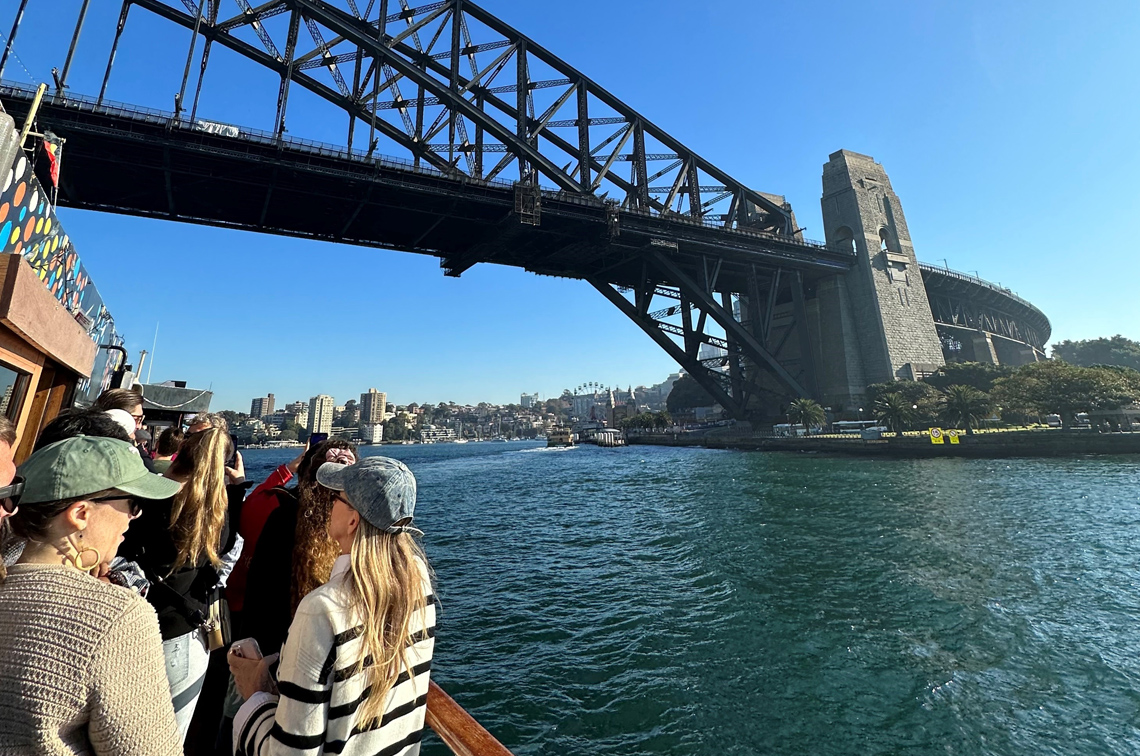
Restoration network meets to share successes and tackle barriers
More than 100 delegates attended the third Australasian Coastal Restoration Network Symposium held at The University of Sydney in May.
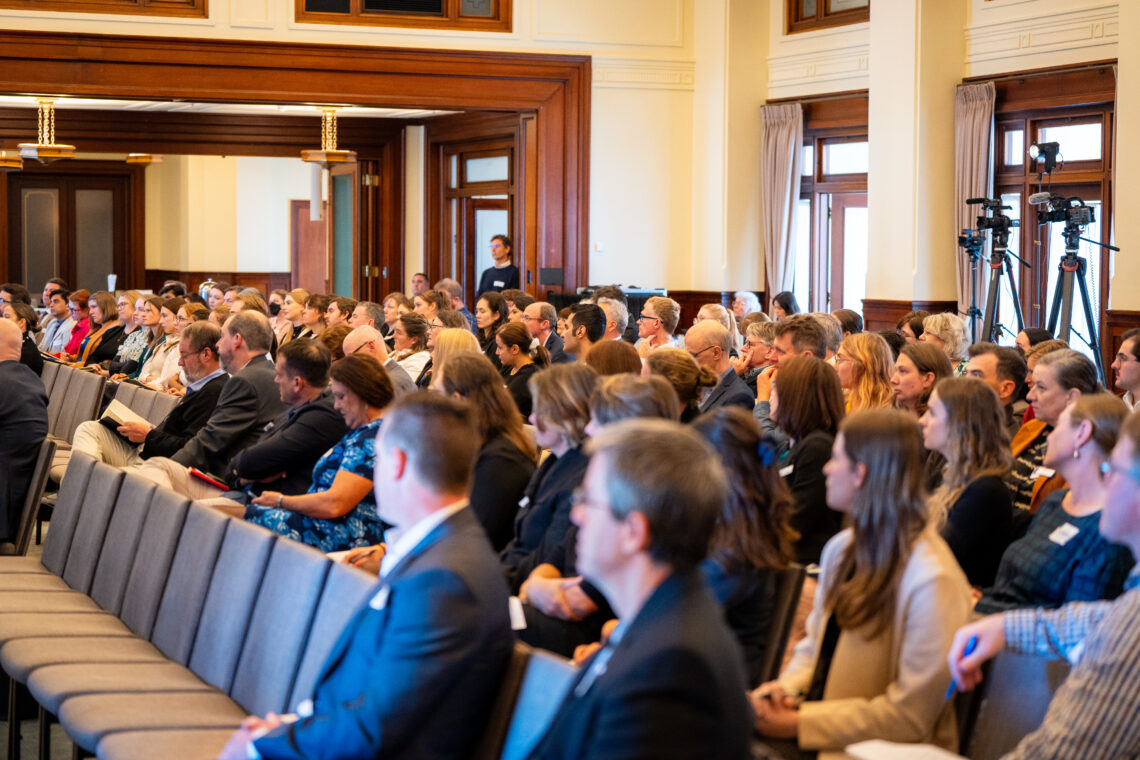
NESP conference consolidates strong research partnerships
This Canberra event with the theme Science, Partnerships, and Impact facilitated valuable engagement with partner agencies and research users.
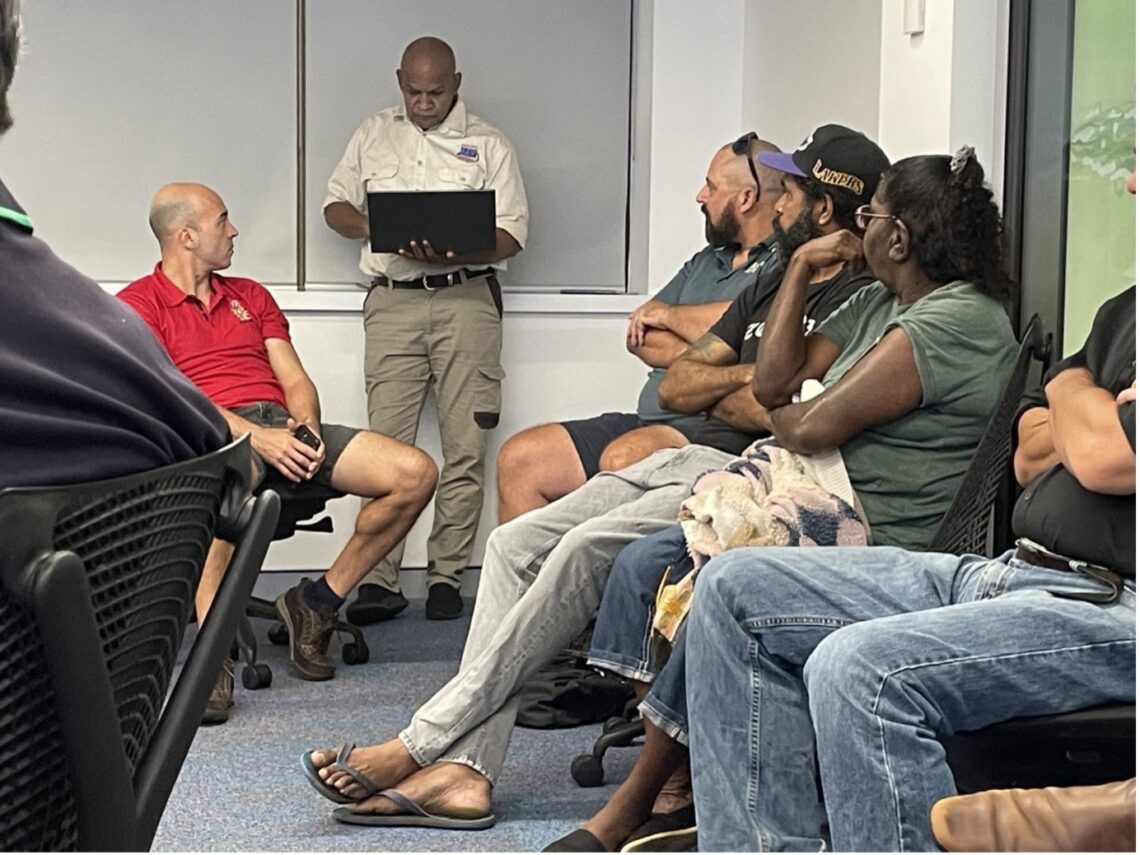
Cairns workshop steps towards a framework for feral pig management
Indigenous rangers, natural resource management agencies, researchers and government representatives discuss the challenges.
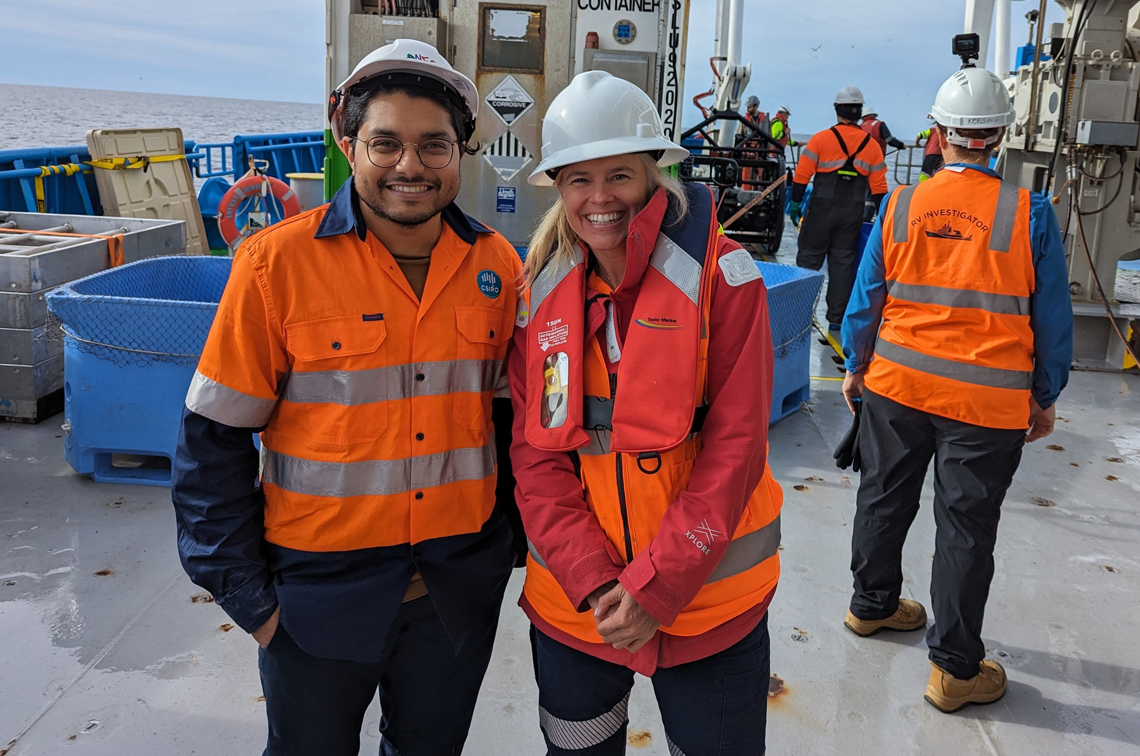
A large ship and a fancy toolkit: exploring eDNA from all angles
There is potential for eDNA sampling to be adopted widely as a less extractive means of monitoring in Australian Marine Parks.
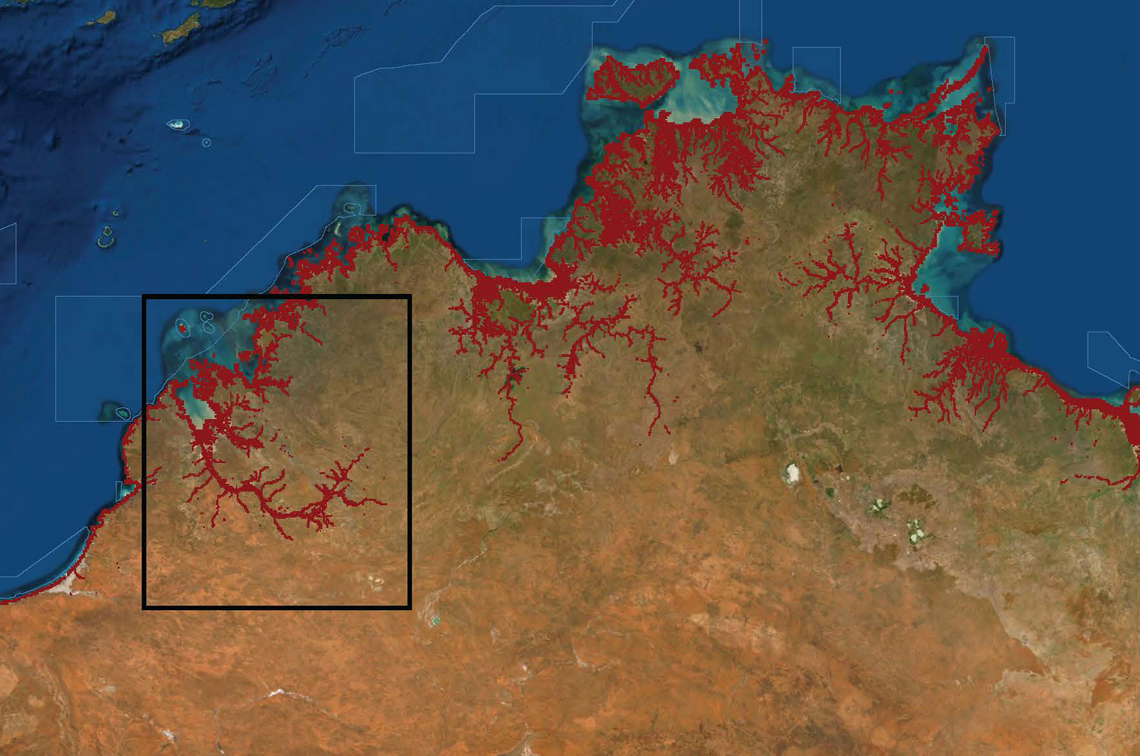
How the hub applies FAIR principles for data management
The hub follows FAIR data management principles to ensure data from hub projects is optimised for research, policy-making, and conservation.
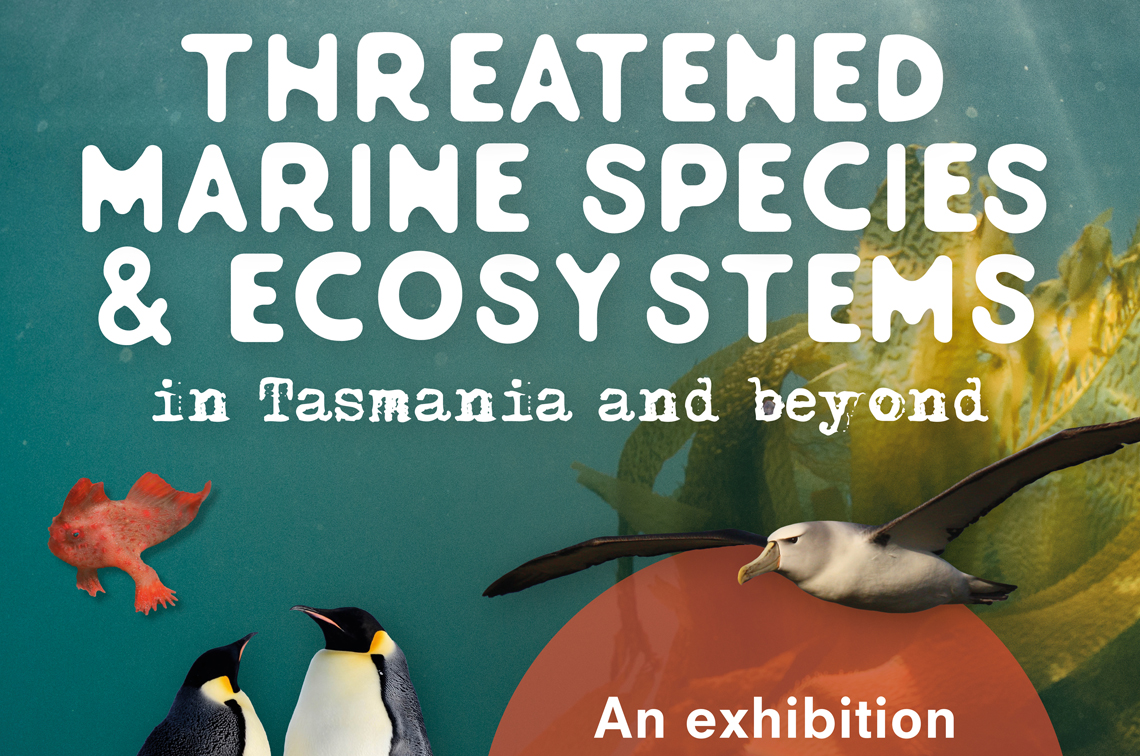
IMAS exhibition turns spotlight on marine species and habitats under pressure
‘We want people to walk away from our exhibition knowing about and determined to help turn the tide for these species and ecological communities . . .'

